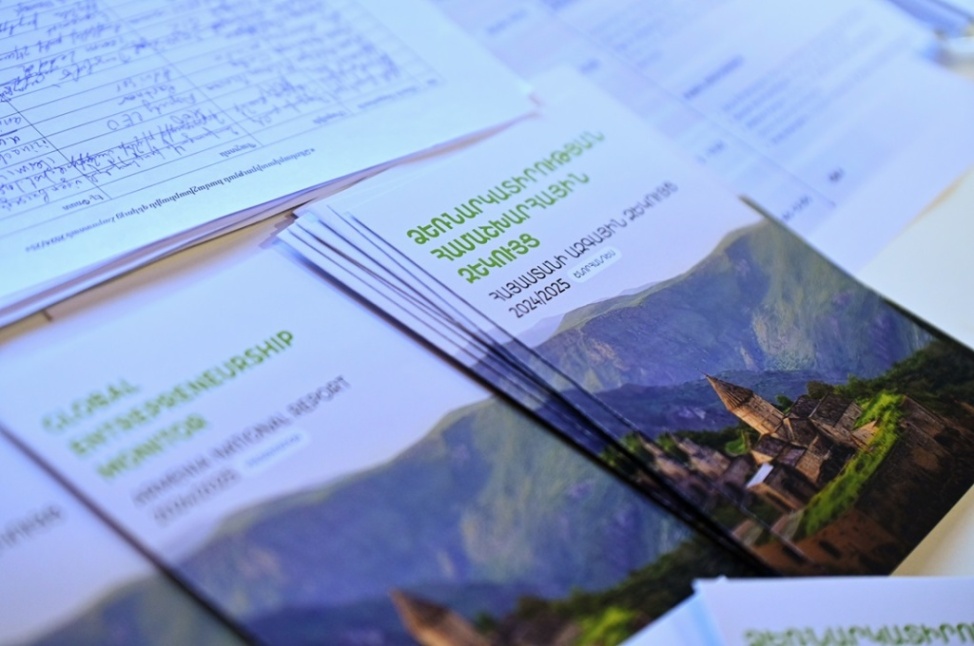Deputy Foreign Minister: Armenia Can’t Be Strong Without Diaspora
06.09.2011,
03:20
There can’t be a strong Armenia without strong Armenian communities abroad, Armenian Deputy Foreign Minister Sergey Manasaryan said Thursday in his meeting with students and professors at the State Pedagogical University.
YEREVAN, September 5. /ARKА/. There can’t be a strong Armenia without strong Armenian communities abroad, Armenian Deputy Foreign Minister Sergey Manasaryan said Thursday in his meeting with students and professors at the State Pedagogical University after Abovyan.
He said very few countries have the ministry of Diaspora in their state system.
“This (presence of the Diaspora ministry in Armenia’s stat system - ARKA) shows that we view the Diaspora’s problems among Armenia’s problems,” he said.
The deputy minister said that the Diaspora for Armenia is a peculiar bridge that connects the republic with the world, international organizations and other cultures and civilizations.
He said that sometimes one can be surprised by meeting Armenian communities in exotic countries.
“For example, I’ve met an Armenian community in Sudan,” he said. “There is an Armenian school in downtown Khartoum – 90% of this school’s students are colored, but they call themselves Armenians, speak Armenian excellently and are proud of that.
Manasaryan stressed that color of skin and religion are absolutely not significant – important is that they consider themselves Armenians and feel Armenians.
According to the Diaspora ministry’s data, 7 million Armenians live outside of Armenia and 33,000 Armenian organizations function abroad. The largest Armenian communities are in Russia, the United States, France and Georgia. –0--
He said very few countries have the ministry of Diaspora in their state system.
“This (presence of the Diaspora ministry in Armenia’s stat system - ARKA) shows that we view the Diaspora’s problems among Armenia’s problems,” he said.
The deputy minister said that the Diaspora for Armenia is a peculiar bridge that connects the republic with the world, international organizations and other cultures and civilizations.
He said that sometimes one can be surprised by meeting Armenian communities in exotic countries.
“For example, I’ve met an Armenian community in Sudan,” he said. “There is an Armenian school in downtown Khartoum – 90% of this school’s students are colored, but they call themselves Armenians, speak Armenian excellently and are proud of that.
Manasaryan stressed that color of skin and religion are absolutely not significant – important is that they consider themselves Armenians and feel Armenians.
According to the Diaspora ministry’s data, 7 million Armenians live outside of Armenia and 33,000 Armenian organizations function abroad. The largest Armenian communities are in Russia, the United States, France and Georgia. –0--



